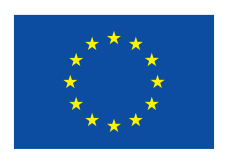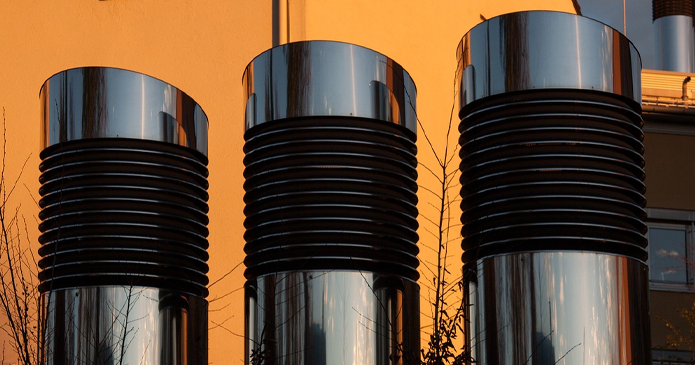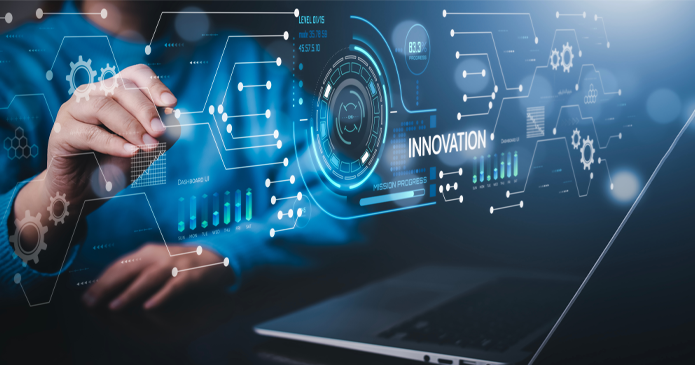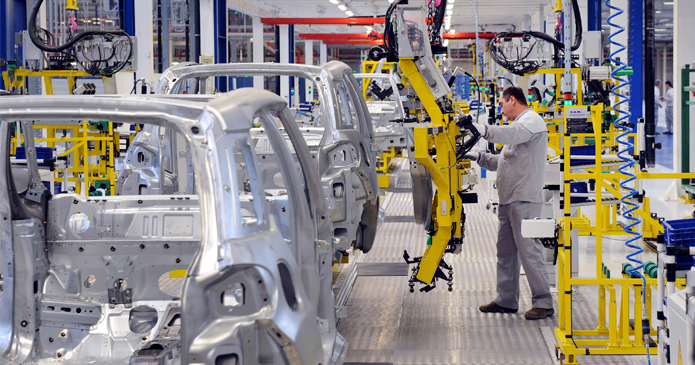GeoS-TECHIS
Geothermal Source Thermal Energy for Cooling and Heating in Industries with Steam


Energy
Ambitious CO₂ Emission Reduction: Targets a 60-75% cut in emissions from industrial thermal processes. Economic Benefits: Reduces fossil fuel reliance, increases energy efficiency, and lowers operational costs. Public Engagement: Enhances acceptance of geothermal energy through transparency and community involvement.
The GeoS-TECHIS project targets the decarbonization of industrial thermal processes, which currently account for approximately 20% of global energy consumption and predominantly depend on fossil fuels. The project introduces an innovative thermal system, combining a high temperature heat pump and a heat-driven cooling unit, which leverages geothermal resources as heat source, sink and storage. GeoS-TECHIS focuses on industries with sub-200 °C process heating needs and modest cooling requirements above 0 °C, aiming to reduce their carbon footprint by 60 - 75% compared to current fossil fuel-dependent solutions.
The project will achieve these goals through several key initiatives:
Aligned with Europe’s green transition, GeoS-TECHIS supports the EU's "Fit for 55" climate goals by integrating renewable energy, improving efficiency, and fostering the circular economy. Adhering to the European Commission’s "Do No Significant Harm" principle, the project advances environmental sustainability, innovation, and economic growth.
EnginSoft is the coordinator of GeoS-TECHIS and it provides engineering services and simulation expertise, contributing to project management (WP1), Computational Fluid Dynamics (WP2), and Exploitation (WP7), ensuring effective execution, quality assurance, and project success.
ENGINSOFT | FUNDACION INSTITUTO TECNOLOGICO DE GALICIA | SINTEF ENERGI | ACONDICIONAMIENTO TARRASENSE ASSOCIACION FRAUNHOFER GESELLSCHAFT ZUR FORDERUNG DER ANGEWANDTEN FORSCHUNG EV| UNIVERSITY OF STUTTGART | KAUMAN S.A.U. | UNIVERZA V LJUBLJANI | AITOWN | Fortrino | Ceo2 green |
Funding Scheme Horizon Europe | Call identifier HORIZON-CL5-2024-D3-01-06, Grant Agreement No 101172928


36 months
October 2024 – September 2027
EnginSoft
Nicola Gramegna
11

Some of our competences in research and technology transfer

Research project
Il progetto mira a combinare l'ottimizzazione delle performance aziendali con un forte investimento sul capitale umano, creando un ambiente aziendale fortemente digitalizzato per renderlo più competitivo, efficiente e pronto ad affrontare le sfide future grazie a un team più competente e preparato, mediante l’introduzione e l’utilizzo di applicazioni e sistemi innovativi, volti a semplificare i processi e le attività quotidiane.

Research project
The main specific objective of SPACE is to enable the most widely used European A&C HPC codes (which are also among the most widely used worldwide) to efficiently and effectively exploit the pre-exascale systems funded by EuroHPC Joint Undertaking and available at the end of 2022, and to prepare them for the transition to exascale and beyond.

Research project
Development of a novel “manufacturing system-level quality and productivity optimizer tool” enabling the evaluation of the system level impacts of the defect avoidance policies that can be adopted within single processes.